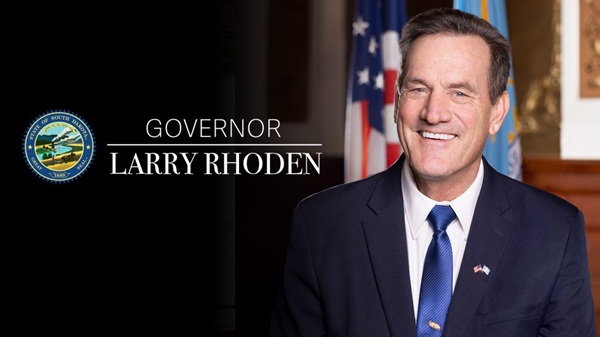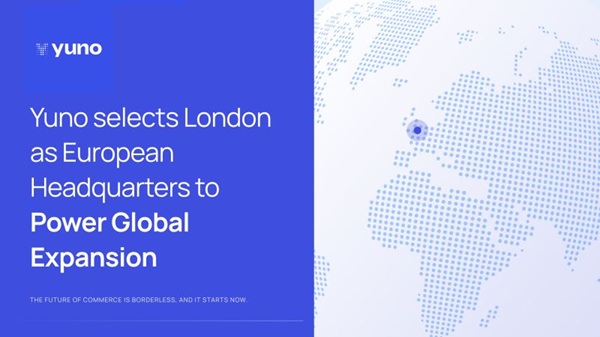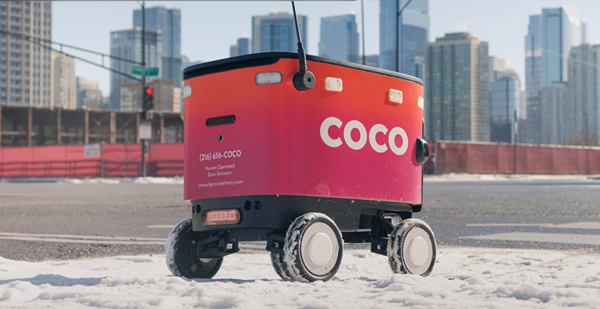1. Monex partners with Surecomp to drive trade finance in Mexico
Monex Grupo Financiero, a prominent financial institution in Mexico, has successfully modernised its trade finance operations by implementing Surecomp’s cloud-native solutions, marking a significant step in its digital transformation journey.
The upgrade involves the deployment of Surecomp’s flagship back-office platform, DOKA-NG, alongside its front-end customer portal, allNETT. This transition replaces Monex’s legacy systems and is designed to enhance operational efficiency, customer engagement, and scalability in trade finance services.
According to Monex’s Vice President of Trade Finance, Karla Hernandez, the move aligns with the institution’s strategic expansion into new market segments, including factoring and supply chain finance. “Partnering with Surecomp has not only fueled growth in traditional trade finance over the past year but has provided a solid foundation for us to enter into new market segments,” Hernandez said.
The implementation has been live for over 18 months, delivering tangible benefits such as faster transaction processing, reduced manual intervention, and improved regulatory compliance. These enhancements are particularly timely as Mexico strengthens its role as a global manufacturing hub, with affordable trade finance seen as a key enabler of export growth.
Surecomp’s Commercial Head for Latin and North America, Matias Hutín, emphasised the broader industry trend toward digital transformation. “Monex’s commitment to delivering customer value through technology reflects the shift we’re seeing across the financial services sector,” he noted.
With this upgrade, Monex is better positioned to support small and medium-sized enterprises and corporate clients with a comprehensive suite of trade finance services, including letters of credit, documentary collections, and fixed-asset loans.
This collaboration underscores the growing importance of digital infrastructure in financial services and highlights how strategic technology partnerships can drive innovation and growth in emerging markets.
2. South Dakota Governor leads Israel trade mission

South Dakota Governor Larry Rhoden is leading a high-profile, business-driven trade mission to Israel this week, aiming to deepen economic ties and expand opportunities for South Dakota businesses in the Israeli market.
The delegation, organised in partnership with South Dakota Trade, includes representatives from the state’s defense and agriculture sectors—two industries with strong potential for international growth. According to Jesse Fonkert, President and CEO of South Dakota Trade, the mission builds on a successful visit in November 2024 that has already generated millions in sales and a robust pipeline of future deals.
“This mission is 100% business-driven,” Fonkert emphasised. “We’re here because our businesses are seeing real opportunities.”
Governor Rhoden’s itinerary includes high-level meetings with Israeli leaders such as President Isaac Herzog, Speaker of the Knesset Amir Ohana, and Foreign Minister Gideon Sa’ar. These engagements are designed to strengthen diplomatic and economic relationships between South Dakota and Israel.
“South Dakota continues to be an economic leader—both nationally and internationally,” said Governor Rhoden. “Israel has been a key partner in our state’s economic success, and I was honored to meet with Israeli leaders to strengthen our relationship.”
Beyond business, the governor’s visit also carries a deeply personal and symbolic dimension. Rhoden laid a wreath at Yad Vashem, Israel’s World Holocaust Remembrance Center, where he visited the section dedicated to the Mauthausen concentration camp—a site his father helped liberate during World War II.
The governor also visited the Gandel Rehabilitation Center at Hadassah’s Mt. Scopus Hospital, where he met with soldiers recovering from injuries sustained in recent conflicts. The visit was coordinated by Carol Rosenthal, Chair of Hadassah International and a prominent member of South Dakota’s Jewish community.
“The Gandel Rehabilitation Center is a beacon of hope,” said Rosenthal. “Governor Rhoden’s visit is a powerful statement of solidarity with the Israeli people and our Jewish community back home.”
The delegation is also hosting a “Doing Business in South Dakota” seminar in Israel, aimed at attracting foreign direct investment into the state. According to Deputy Commissioner Joe Fiala of the Governor’s Office of Economic Development, South Dakota was the first U.S. state to send a trade mission to Israel following the October 7, 2023 attacks, underscoring its commitment to long-term partnership.
As the mission continues, South Dakota’s leadership hopes to not only secure new business deals but also reinforce the state’s reputation as a proactive and globally engaged economic player.
3. Global fintech chooses London HQ

London, UK – June 15, 2025 — Yuno, the global financial services orchestration platform, has officially announced the opening of its European headquarters in London, marking a pivotal step in its international growth strategy. The announcement, made during London Tech Week 2025, underscores the company’s commitment to scaling its presence across Europe and beyond.
Strategic choice
London’s reputation as a global fintech hub played a central role in Yuno’s decision. The city boasts a vibrant ecosystem of financial institutions, startups, and nearly half of Europe’s fintech unicorns. With tens of billions in fintech investment flowing into the UK capital in recent years, London offers the ideal environment for innovation and collaboration.
Juan Pablo Ortega, Co-Founder and CEO of Yuno, emphasised the strategic importance of the move:
“London is at the heart of the global fintech revolution, so we are thrilled to make it our European home. By opening an office in London, we’ll be able to work more closely with our European merchants and partners, recruit from a world-class talent pool, and innovate alongside the UK’s vibrant fintech community.”
A launchpad for Europe
The new London office will serve as a regional hub, coordinating Yuno’s expansion across Europe, the Middle East, and Africa (EMEA). This strategic positioning allows the company to tailor its payment solutions to local market needs and scale operations efficiently across key territories.
Leveraging talent and regulatory innovation
London’s access to top-tier fintech talent and its progressive regulatory environment were also key factors in Yuno’s decision. The UK’s Financial Conduct Authority (FCA) offers innovation-friendly frameworks such as the regulatory sandbox and open banking initiatives, which align with Yuno’s mission to unify global payments.
Global momentum
Yuno’s expansion into London follows a year of rapid international growth. Originally rooted in Latin America, the company has recently launched in several Asian markets and now supports global clients including McDonald’s, inDrive, and Rappi. Its platform processes transactions in over 80 countries, reinforcing its position as a leader in payment orchestration.
Looking ahead
With its European headquarters now established in London, Yuno is poised to accelerate its mission of simplifying and unifying payments worldwide. The move not only strengthens its European footprint but also signals its ambition to become a truly global fintech leader.
4. Coco Robotics raises $80M for global expansion

Coco Robotics, the Los Angeles–based leader in autonomous delivery technology, has announced the successful close of an $80 million funding round aimed at scaling its AI-driven delivery fleet and expanding its global footprint.
The round includes participation from both returning and new investors, including Sam and Max Altman, Pelion Venture Partners, Outlander, SNR, Offline Ventures, DeepWater Asset Management, and Ryan Graves, former SVP of Global Operations at Uber and now CEO of Saltwater.
Founded in 2020, Coco Robotics has already completed over 500,000 zero-emission deliveries across major U.S. cities such as Los Angeles, Chicago, and Miami, as well as in Helsinki, its first European market. The company’s compact, sidewalk-navigating robots are designed for short-distance, small-order logistics—an area where traditional delivery models often struggle with cost efficiency.
CEO and co-founder Zach Rash emphasised the company’s pragmatic approach: “We’ve been very intentional about building technology and a business model based on unit economics that work today—not five years down the road. This funding helps us move faster, from advancing our AI platform to expanding our fleet globally.”
The capital will be used to:
– Scale Coco’s autonomous delivery fleet toward a goal of 10,000 vehicles by 2026.
– Advance its proprietary AI platform for real-time navigation and logistics optimisation.
– Expand enterprise partnerships, including ongoing collaborations with Uber Eats and DoorDash.
– Enter new U.S. and international markets, with a focus on urban environments where last-mile delivery is most challenging.
Coco’s robots, which resemble high-tech coolers on wheels, are equipped with cameras, sensors, and advanced navigation software. They are optimised for trips under three miles—ideal for food and small package deliveries. The company’s model not only reduces delivery costs but also contributes to lower traffic congestion and emissions in cities.
With this latest funding, Coco’s total capital raised exceeds $120 million, positioning it as a frontrunner in the race to redefine urban logistics through automation and AI.







